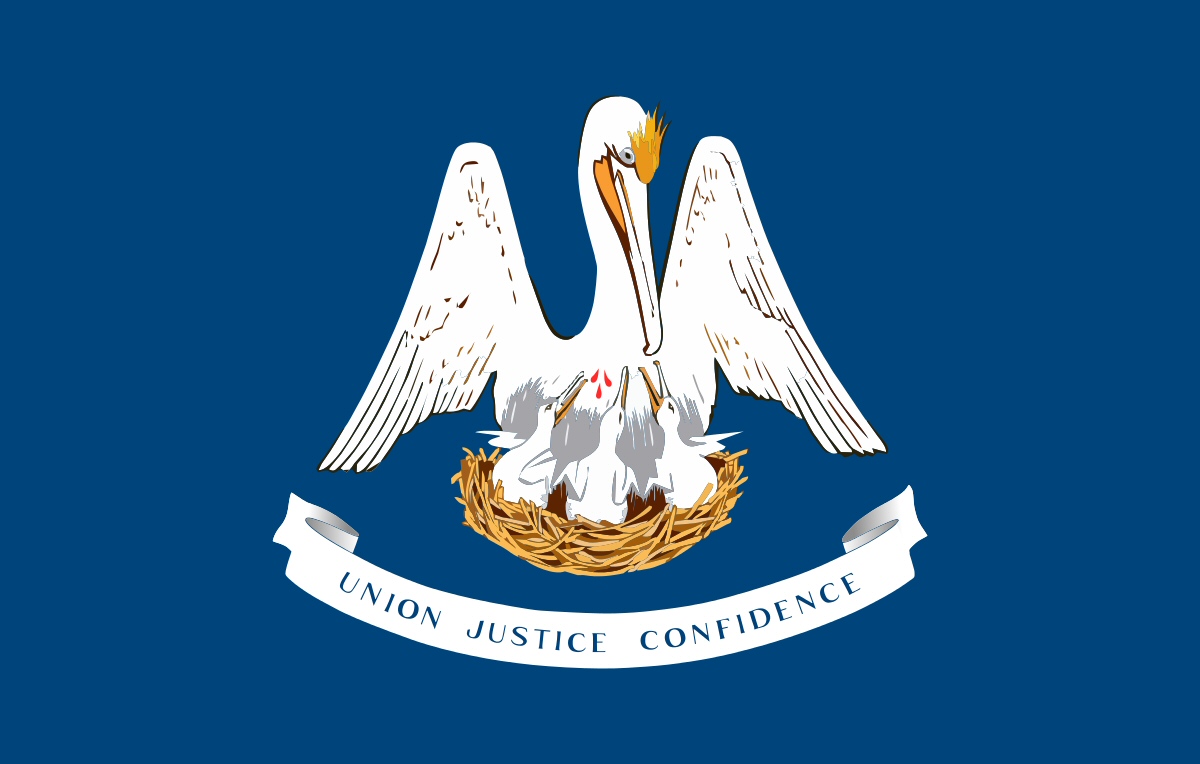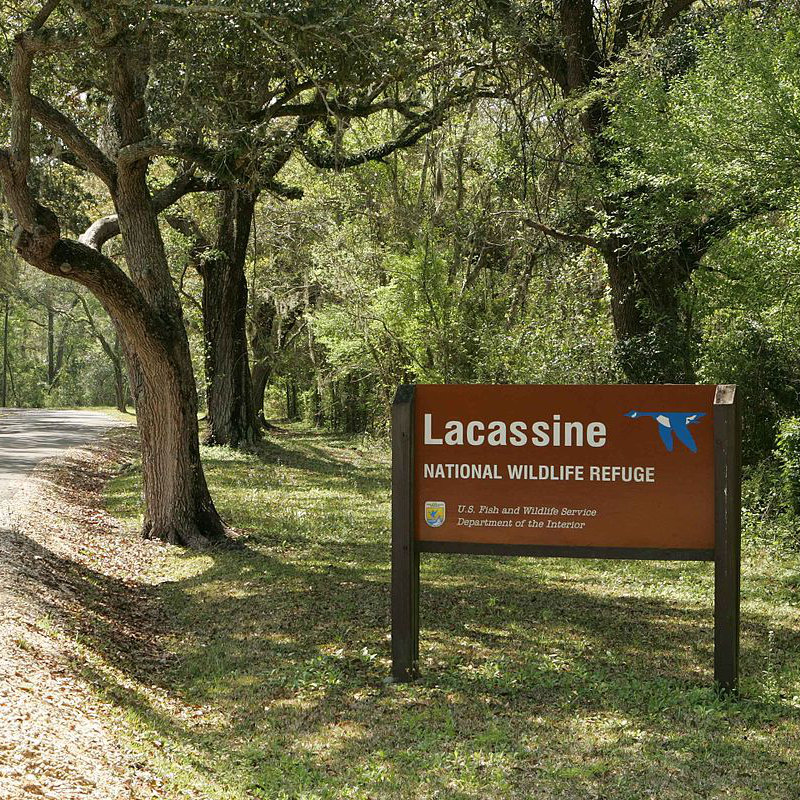State of Louisiana Short-Term Rental Regulations
Short-term rental regulations vary depending on the location and may include zoning laws, occupancy and safety standards, taxation, licensing, and insurance requirements review our guides for more information specific to your city.
Reviewed by Derick Hargrave
Last updated September 12, 2023

Overview of Louisiana Short-Term Rental Regulations
Information is maintained by the community to provide helpful insights and links to local regulations, HostScouts does not provide legal or investment advice.
Louisiana’s vibrant cities and bayou charm make it a popular destination for travelers seeking unique short-term rental stays. However, operating or booking these rentals in Louisiana requires navigating a complex web of state and local regulations. This guide provides an overview of key rules and requirements for hosts and guests of Louisiana short-term rentals.
Defining Short-term Rentals in Louisiana
Understanding the regulations helps to first look at how Louisiana defines and categorizes short-term rentals. This section examines the rental period length, different rental types, and jurisdictional authority over these rentals.
Rental Period Length in Louisiana
Louisiana defines a short-term/transient rental as any rental of an accommodation for a period of less than 30 consecutive days. This includes nightly or weekly rentals. Stays of 30 days or longer are not considered short-term rentals in Louisiana.
Types of Short-term Rentals in Louisiana
Common types of short-term rental accommodations in Louisiana include:
-
Entire house or apartment rentals - These provide full private access for guests.
-
Shared spaces like private rooms - Some hosts reside on-site and rent spare rooms to travelers.
-
Secondary dwellings such as guest cottages or converted garages.
-
Rooms, homes, or condos rented as vacation rentals.
-
Alternative spaces like houseboats, RVs, or yurts.
State and Local Authority Over Short-term Rentals
In Louisiana, oversight of short-term rental housing involves both state and local governments:
-
The state fire marshal’s office oversees high-level safety standards for all short-term rentals.
-
Parishes and municipalities can enact local ordinances to regulate short-term rentals in their jurisdictions.
-
Local rules address registration, permitting, taxes, occupancy limits, and other operational aspects.
Hosts must comply with all applicable state standards as well as local rules in the areas where they operate rentals.
Starting a Short-term Rental Business in Louisiana
Hosts looking to start short-term rental businesses in Louisiana should understand the steps involved in getting set up legally. This includes researching rules, obtaining required licenses and permits, and tips for starting out right.
Licensing and Permits for Louisiana Short-term Rentals
Louisiana requires hosts to obtain a state sales tax registration certificate at the state level. Locally, hosts must research permits:
-
New Orleans requires hosts to register short-term rentals and obtain a license. Annual renewals are also mandated.
-
Other parishes and cities like Baton Rouge may require local permits/licenses to operate short-term rentals.
-
Zoning and building permits may be needed for renovations to ready a property for rental use.
-
Operational requirements like smoke detectors and parking availability must be met to obtain permits.
Tips for Starting a Short-term Rental in Louisiana
Here are some key tips for successfully starting a Louisiana short-term rental business:
-
Consult local zoning codes to confirm short-term rentals are permitted. Some areas ban vacation rentals in residential zones.
-
Research all state and local license/permit processes, which can take 4-8 weeks. Build in time for required inspections.
-
Evaluate insurance needs and secure specialized coverage for short-term rental activities. Standard homeowner policies often exclude commercial use.
-
Develop house rules, rental contracts, and cleaning plans tailored for short-term guests.
-
Optimize listing photos, descriptions, and pricing based on local market conditions and demand.
Taking these steps helps Louisiana hosts launch compliant and profitable short-term rental businesses.
Housing Rules and Requirements
In addition to business registration, Louisiana short-term rental properties must adhere to various housing rules and regulations. Key requirements relate to safety codes, occupancy limits, and insurance.
State Safety Codes and Inspections
Louisiana’s state fire marshal enforces safety requirements on short-term rentals, including:
-
Operating smoke alarms, fire extinguishers, and exit signage
-
Eliminating tripping hazards and obstructions to egress
-
Compliance with maximum occupancy limits calculated using bedroom size and window space
State inspectors can conduct surprise inspections anytime and shut down rentals with violations until deficiencies are corrected.
Local Occupancy Limits in Louisiana
Beyond the state fire code standards, local ordinances include added occupancy restrictions:
-
New Orleans limits overnight occupancy to 2 adults per bedroom, with total occupancy capped at 6 adults. Children under 2 don’t count toward the limit.
-
Exceptions allow additional daytime guests up to 10 people for special events like parties or weddings.
-
Other parishes and municipalities establish similar limits – hosts should verify local rules.
Insurance Requirements for Louisiana Short-term Rentals
Louisiana hosts must maintain adequate insurance for protection against risks like:
- Property damage or theft caused by renters
- Liability for guest injuries that occur during a stay
- Lost rental income stemming from property damage
- Lawsuits filed by unhappy guests or neighboring properties
Homeowner’s or landlord policies may exclude short-term rentals. Appropriate vacation rental insurance should be obtained instead to cover unique risks.
Navigating Taxes on Louisiana Short-term Rentals
Hosts renting property on a short-term basis in Louisiana must grapple with various state and local taxes. Properly collecting, reporting, and remitting all taxes is crucial for compliance.
State Taxes on Louisiana Short-term Rentals
At the state level, Louisiana levies multiple taxes on short-term rental transactions:
- Sales tax of 4.45% is charged on all rental fees.
- Hotel/motel occupancy tax of 4-5% also applies to short-term rentals.
- Louisiana state income tax applies to rental business profits.
Hosts must collect sales and hotel taxes from guests and remit them to the state.
Local Taxes on Short-term Rentals in Louisiana
Beyond state taxes, local sales and hotel occupancy taxes also commonly apply to short-term rentals, including:
-
Local parish or municipal sales taxes ranging from 2-7%.
-
Local hotel taxes levied in top tourism destinations like New Orleans at rates up to 1%.
-
Some areas charge further local fees on top of state and local taxes.
-
Exemptions exist in some rural parishes without major hotel industries.
Reporting, Remitting and Penalties
To avoid penalties, Louisiana short-term rental hosts must carefully track and remit all applicable taxes:
-
Sales tax returns are typically due monthly, and hotel tax returns quarterly. Deadlines vary by jurisdiction.
-
Late payment results in penalties starting at 5% plus interest charges. Audits can occur if issues are detected.
-
Most rental platforms like Airbnb handle tax collection and remittance for bookings made on their site. However, hosts remain responsible for proper reporting and payment.
Keeping detailed records and working with an accountant can help hosts manage the tax complexities. Proper compliance reduces audit risks down the road.
Final Considerations for Hosts and Guests
By understanding the regulations presented in this guide, Louisiana short-term rental hosts and guests can better navigate local requirements. Here are some final tips:
For hosts
-
Read city council meeting minutes to stay on top of upcoming regulatory changes
-
Address noise complaints quickly by contacting problematic guests
-
Review insurance annually to confirm adequate coverage as your rental business evolves
-
Install smart home technology to monitor occupancy limits and property condition
For guests
-
Carefully review all rental rules and avoid exceeding maximum guest counts
-
Report any needed repairs immediately to prevent accidents and liability
-
Familiarize yourself with the area’s noise ordinances to avoid disturbing neighbors
-
Leave units clean and avoid hostile reviews to protect your ability to rent in the future
Proper compliance allows everyone to enjoy Louisiana’s unique culture and charm through the short-term rental experience. Consult local officials or legal professionals with any additional questions.
Louisiana Airbnb Regulations by City
Information is maintained by the community to provide helpful insights and links to local regulations, HostScouts does not provide legal or investment advice.








